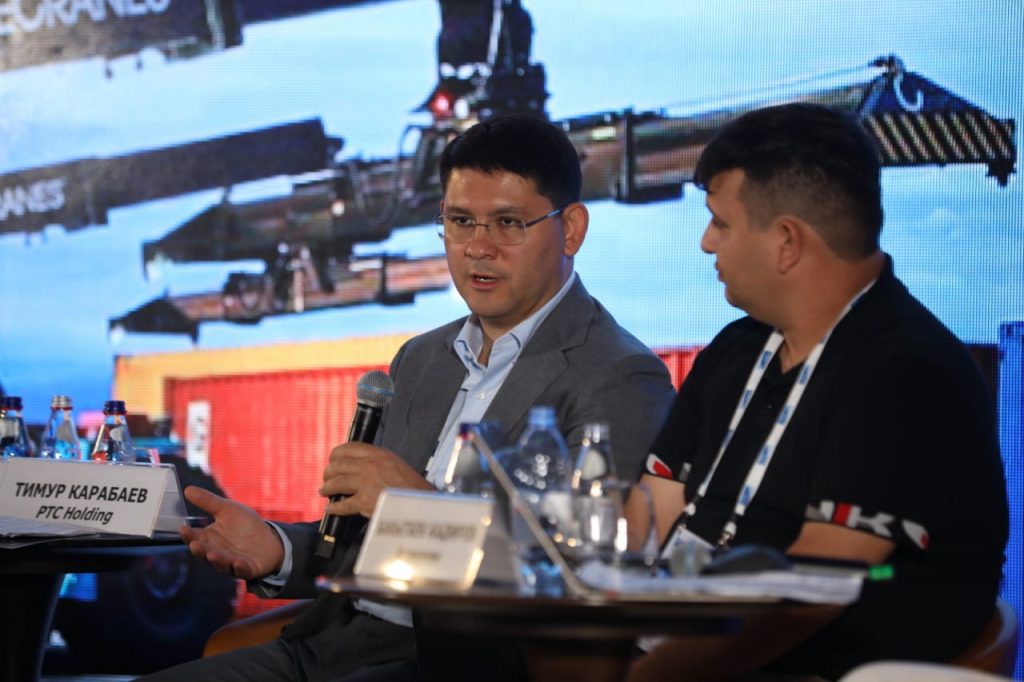In Kazakhstan, the volume of transit of containerized cargo is increasing, but at the same time containers remain in low demand on domestic and export directions. The main reason is the high tariff from KTZ, the market participants said during the international conference «Argus Oil and Gas Market of Kazakhstan and Central Asia 2022», held on Thursday, June 30, in Almaty.
Containerized transport is the most sought after mode of transport of goods, accounting for 90% of the global market. In Kazakhstan, the volume of transit container traffic is growing annually. According to the results of last year, it amounted to 1 million 066 thousand TEU (twenty-foot equivalent), with an increase of 22% compared to 2020. And in domestic transport, this species is almost absent.
One constraint is the difference in tariffs between containers and wagons. The cost of shipping tons of the same cargo in a container in Kazakhstan is higher than usual by 2.5 times, although in 2017 tariffs for containerized transportation were removed from government regulations with the aim of reducing them.
The issue of levelling tariffs from the point of view of the development of the industry is key, because now the shipper understands that it is not profitable to transport the cargo in the container and there is no point to invest in infrastructure, – says Timur Karabayev, Chairman of the Board of PTC Holding. – As a result, out of 445 railway stations, only 18% are able to handle containers».
Now inside Kazakhstan, 7-8 container trains to China with domestic products per month are formed, and the rest of the freight flow through the country – transit. According to the managing director of logistics KTZ Yerlan Koishibayev, about 22 million tons of Kazakh products can be sent to export destinations in containers annually. However, according to him, KTZ cannot reduce tariffs, as 80% of the universal fleet is unprofitable and the carrier is forced to look for sources of cross-subsidization, including – at the expense of tariffs for container transport.
As a result, during the panel session, a draft resolution was signed, which participants of the market of freight transport intend to send for consideration by the state authorities. The resolution proposes the introduction of a downward factor mechanism for the transport of goods in containers in intra-republic and export communications to the level of the carriage of goods in universal rolling stock.






























